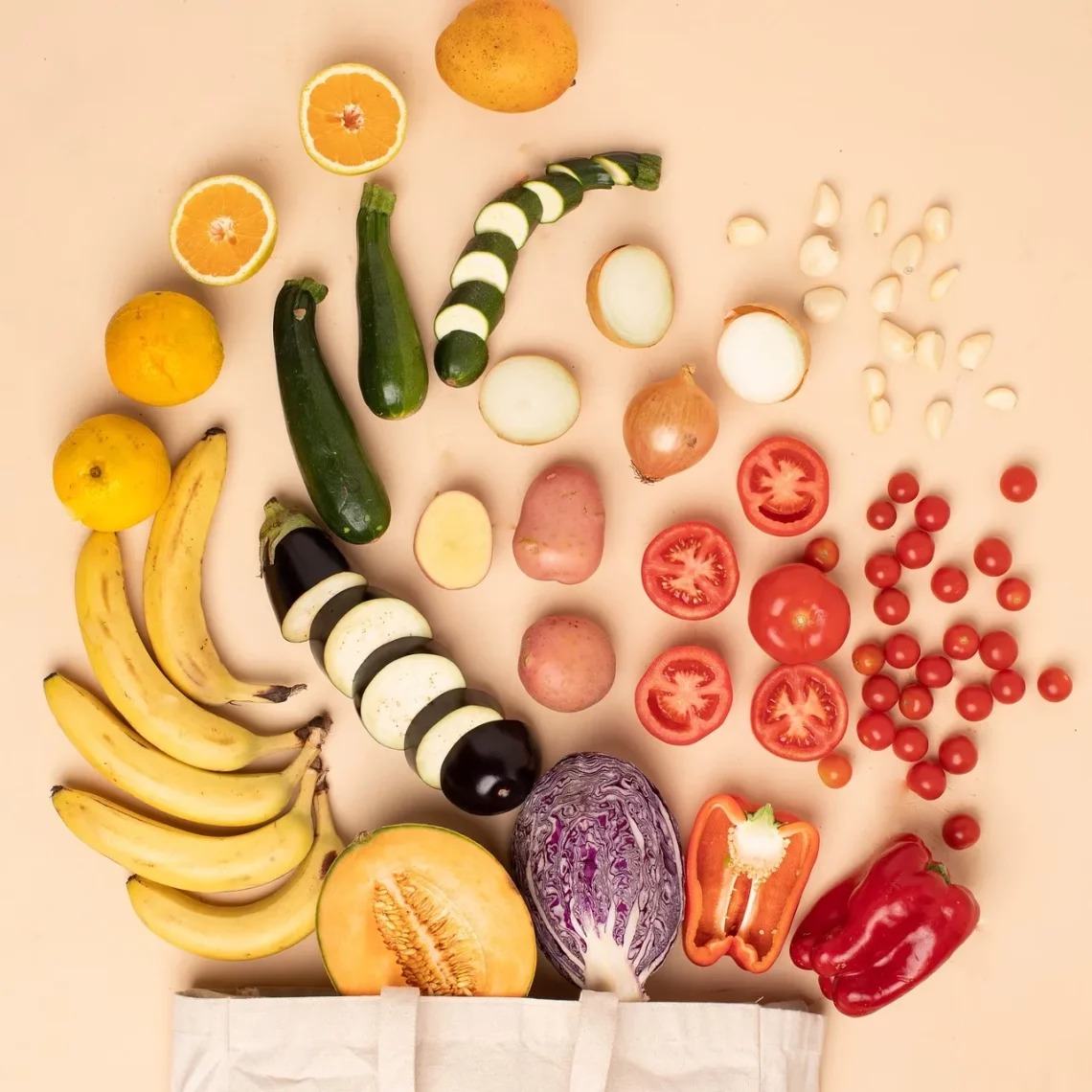
Can Guinea Pigs Eat Squash Safely and Healthily?
Guinea pigs, also known as cavies, are popular pets adored for their friendly nature and charming personalities. These small rodents are particularly known for their unique dietary needs that require careful attention from their owners. Unlike dogs or cats, guinea pigs have specific nutritional requirements that must be met to ensure their overall health and well-being. Their natural diet consists primarily of hay, fresh vegetables, and a small amount of pellets, making it essential for pet owners to have a solid understanding of which foods are safe and beneficial for them.
In recent years, the interest in providing guinea pigs with a more diverse diet has grown, leading many owners to explore different types of vegetables. One such vegetable that often comes up in discussions is squash. This vibrant and nutritious vegetable is a popular choice in many households, and pet owners may wonder if it can be safely included in their guinea pig’s diet. Understanding the nutritional values of squash and how it can affect your pet’s health is crucial for making informed decisions about their meals.
In this article, we will delve into the topic of guinea pigs and squash, examining its benefits, potential risks, and how to introduce this vegetable into their diet safely.
The Nutritional Benefits of Squash for Guinea Pigs
Squash is a versatile vegetable that comes in various shapes and sizes, including butternut, acorn, and zucchini. Each type of squash offers a unique set of nutritional benefits, making it a valuable addition to a guinea pig’s diet when served appropriately. One of the primary advantages of squash is its high water content, which can help keep your guinea pig hydrated. Adequate hydration is vital for guinea pigs, especially since they do not drink as much water as other pets.
In addition to water, squash is rich in vitamins and minerals. It is an excellent source of vitamin C, which is crucial for guinea pigs due to their inability to synthesize this vitamin on their own. Vitamin C supports immune function, aids in wound healing, and promotes healthy skin and fur. Including squash in your guinea pig’s diet can help ensure they receive this vital nutrient, contributing to their overall health.
Furthermore, squash contains dietary fiber, which plays a significant role in maintaining a healthy digestive system for guinea pigs. Fiber helps prevent digestive issues such as bloating and diarrhea, which can be common in these animals if their diet lacks adequate roughage. The fiber content in squash, combined with hay and other vegetables, can promote good gut health and regular bowel movements.
Lastly, squash contains antioxidants, which help combat oxidative stress and may reduce the risk of chronic diseases. These properties make squash not only a tasty treat but also a nutritious option that can contribute to your guinea pig’s long-term health. However, as with any food, moderation is key. Squash should be introduced gradually into your guinea pig’s diet to monitor for any adverse reactions.
Potential Risks of Feeding Squash to Guinea Pigs
While squash can be beneficial for guinea pigs, there are potential risks that owners should be aware of before incorporating it into their pet’s diet. One of the main concerns is the sugar content found in some varieties of squash. Although the sugar levels are generally lower than in fruits, it can still be a concern if fed in excess. Guinea pigs are susceptible to obesity and other health issues related to high sugar intake, so it is essential to offer squash in moderation.
Moreover, not all types of squash are suitable for guinea pigs. For instance, winter squashes like butternut and acorn squash are denser and higher in carbohydrates than summer varieties like zucchini. While the latter can be given more freely, winter squashes should be offered sparingly. Always ensure that the squash is fresh and free from any mold or spoilage before serving it to your pet.
Another potential risk is the introduction of new foods into a guinea pig’s diet. Sudden changes can lead to gastrointestinal upset, which may manifest as diarrhea or bloating. To prevent this, it is advisable to introduce squash slowly, starting with a small piece and observing your guinea pig’s reaction over a couple of days. If any negative symptoms arise, it is best to discontinue feeding the vegetable and consult a veterinarian if necessary.
Lastly, ensure that your guinea pig is not allergic to squash. Allergies in guinea pigs can manifest in various ways, including skin irritations, digestive issues, or respiratory problems. If you notice any unusual behavior or symptoms after feeding squash, it is crucial to consult a veterinarian for guidance.
How to Safely Introduce Squash into Your Guinea Pig’s Diet
Introducing squash to your guinea pig’s diet should be done gradually and carefully. Start by selecting a suitable type of squash, preferably a summer variety like zucchini. Wash the squash thoroughly to remove any pesticides or contaminants, and cut it into small, manageable pieces. This will not only make it easier for your guinea pig to eat but also help you monitor the quantity you are offering.
Begin with a small amount, perhaps a piece the size of your guinea pig’s paw. Observe your pet for any adverse reactions over the next 24 to 48 hours. Look for signs of gastrointestinal upset, such as changes in stool consistency or behavior. If your guinea pig seems to enjoy the squash without any negative effects, you can gradually increase the serving size.
Always remember to balance squash with other essential components of a guinea pig’s diet, such as hay and other fresh vegetables. A well-rounded diet is crucial for maintaining their health and preventing nutritional deficiencies. Offering a variety of vegetables ensures that your guinea pig receives a broad spectrum of nutrients.
It’s also important to keep an eye on the overall quantity of treats and vegetables in your guinea pig’s diet. Squash should be considered a treat rather than a staple food. The bulk of their diet should still consist of high-quality hay, supplemented by small amounts of pellets and fresh vegetables.
In conclusion, while squash can be a nutritious addition to your guinea pig’s diet, moderation and careful introduction are key. Always prioritize your pet’s health and well-being by monitoring their reactions and consulting with a veterinarian if you have any concerns regarding their diet.
**Disclaimer:** This article is for informational purposes only and does not constitute medical advice. Always consult a veterinarian for any health concerns regarding your guinea pig or before making significant changes to their diet.




